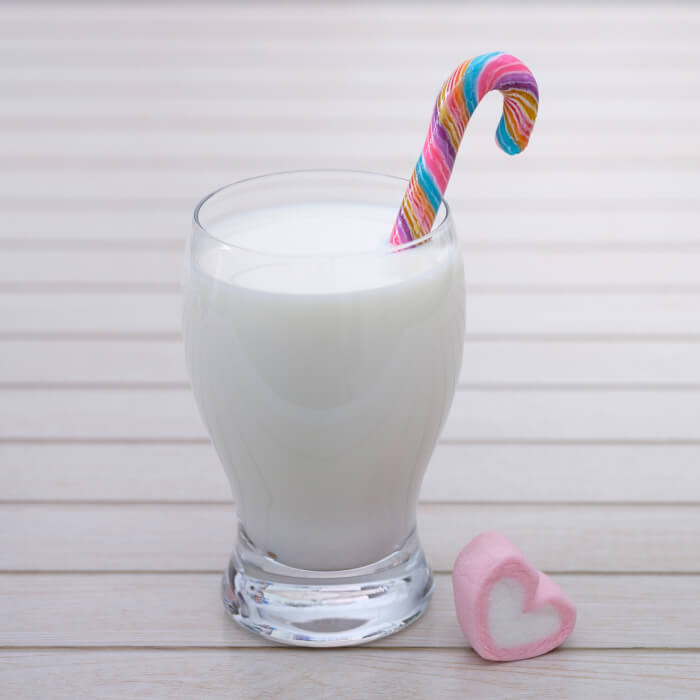What Is DHA?
DHA is a type of polyunsaturated omega-3 fatty acid or in short, PUFA.
It is a key component of every cell in the human body; and is highly concentrated in the brain and eyes. DHA, being a PUFA is susceptible to oxidation, particularly in the brain which is a highly metabolically active tissue. Nature protects DHA in the brain by packing it with potent antioxidants, like lutein and Natural Vitamin E (NVE).1
At times, especially during periods of rapid growth, the human body has limited ability to produce sufficient DHA. Hence, diet can be the main source of DHA for most individuals.



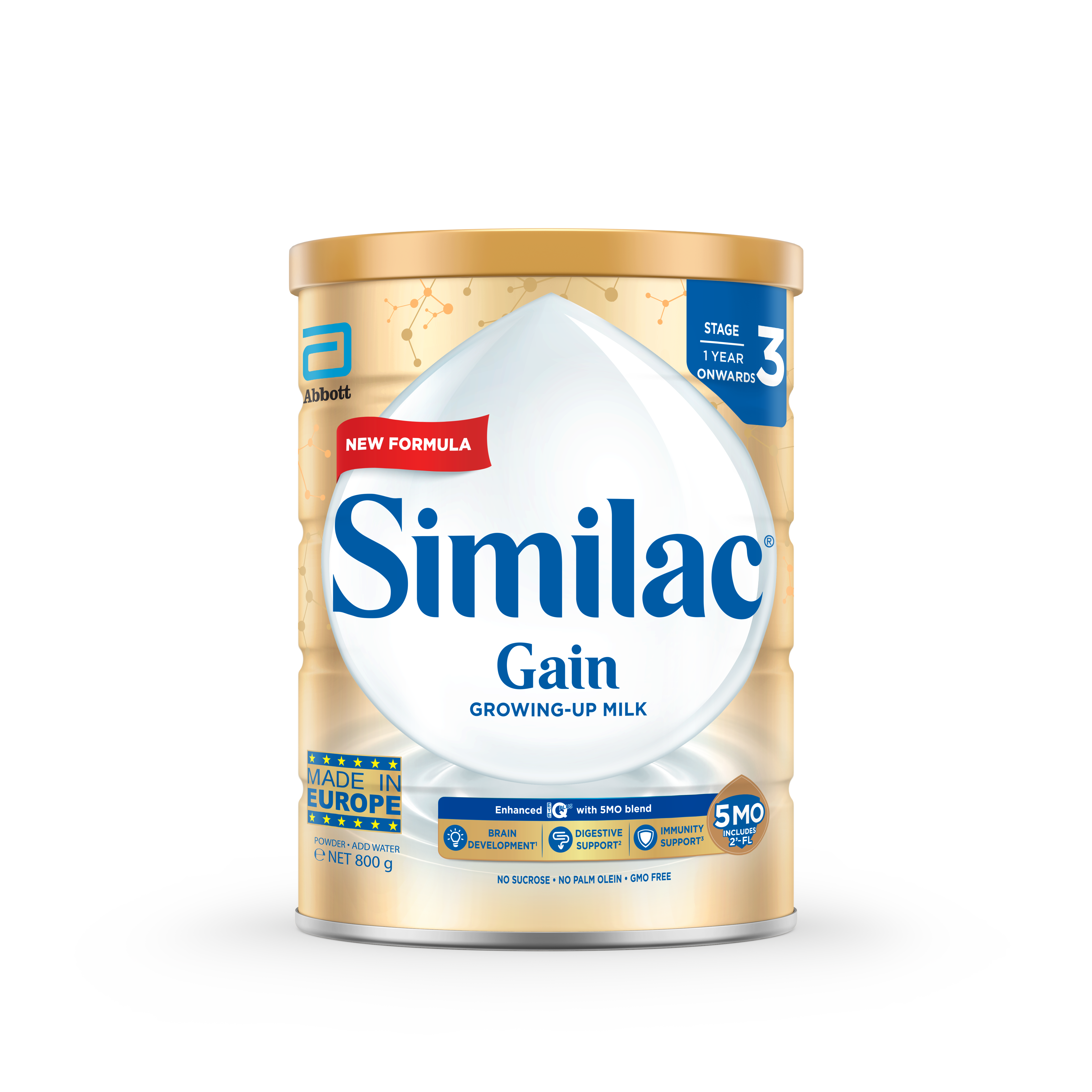
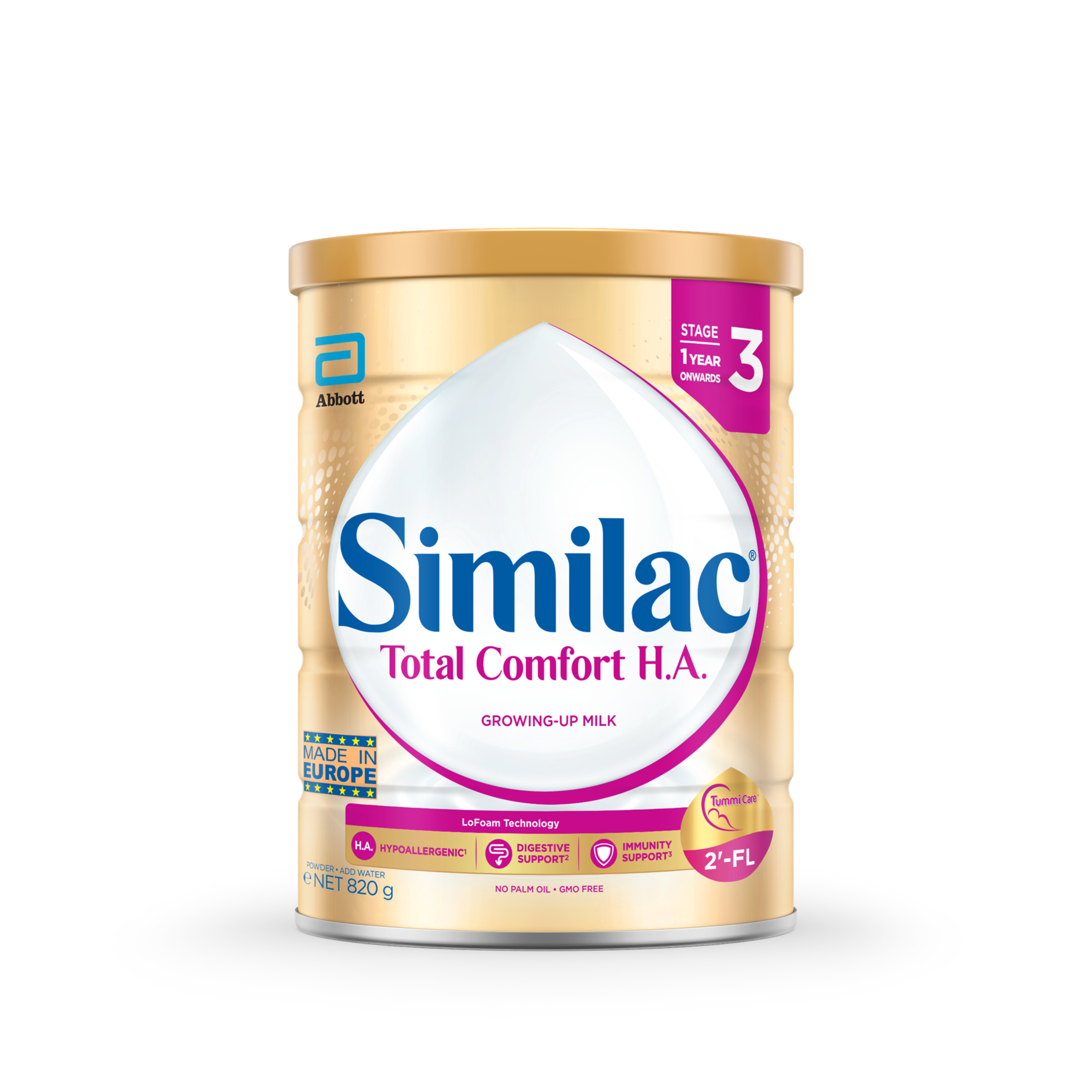

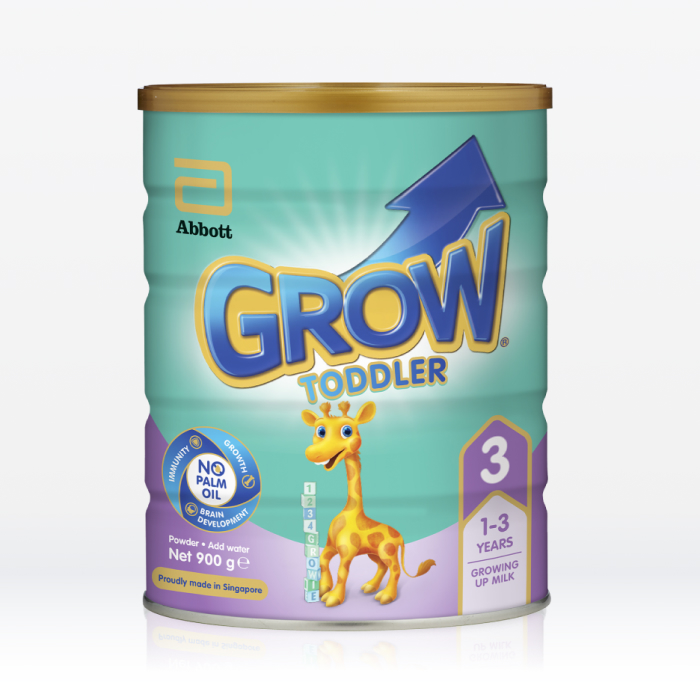
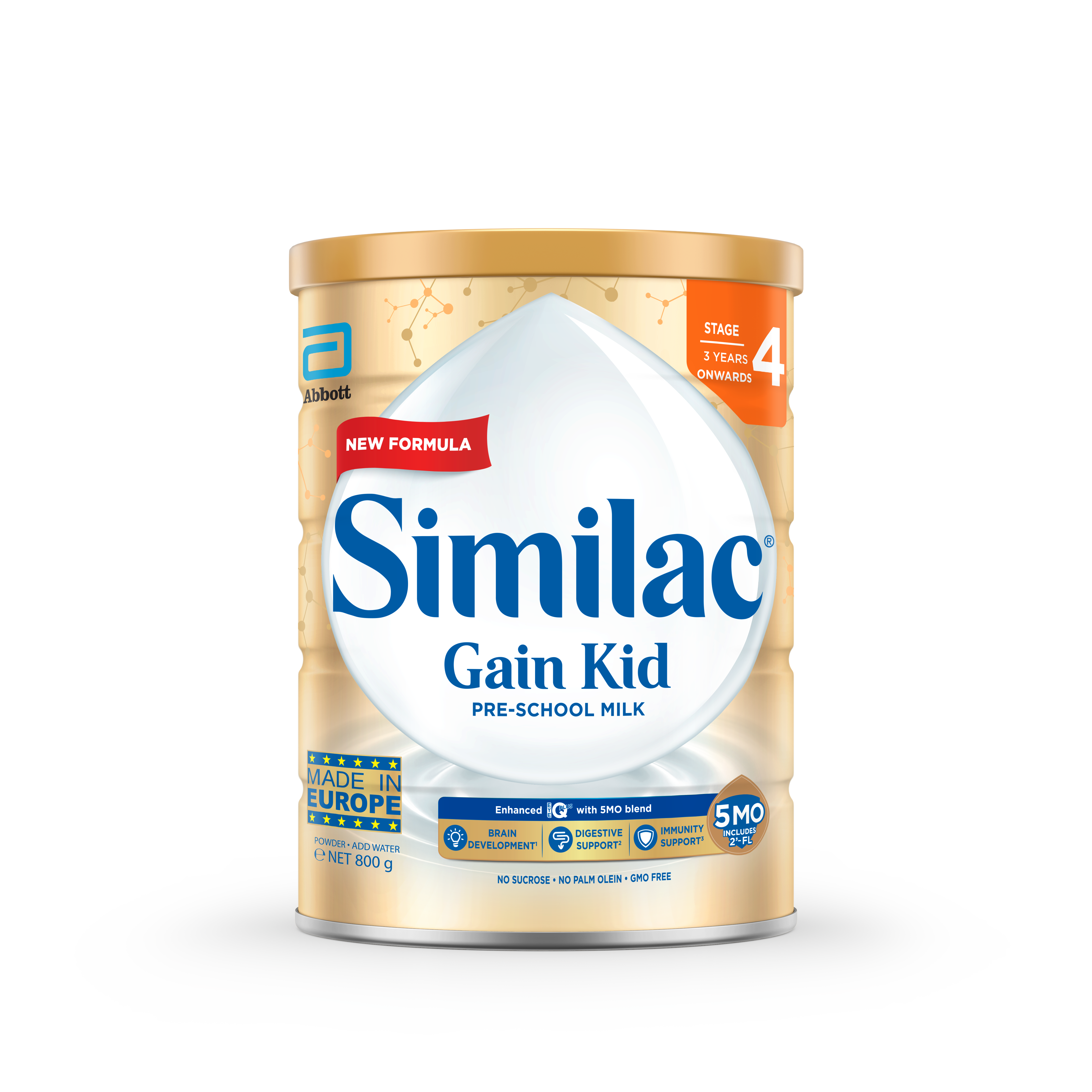
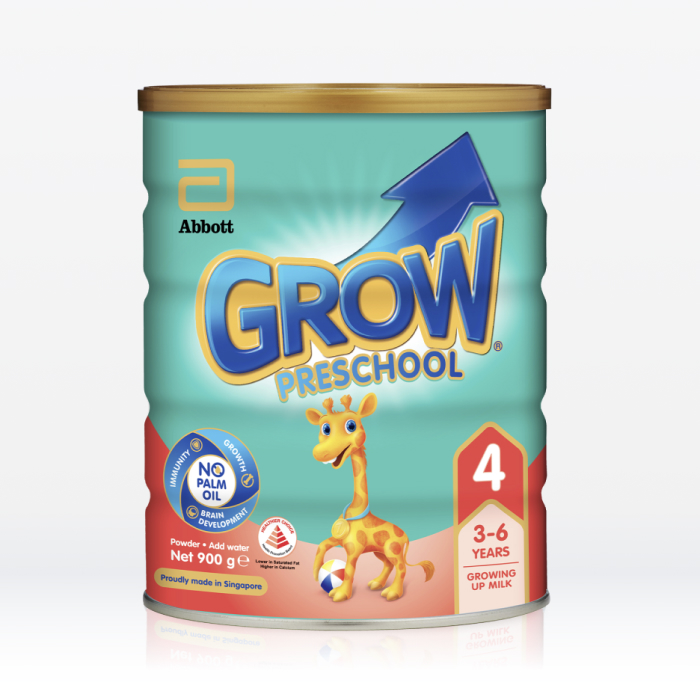
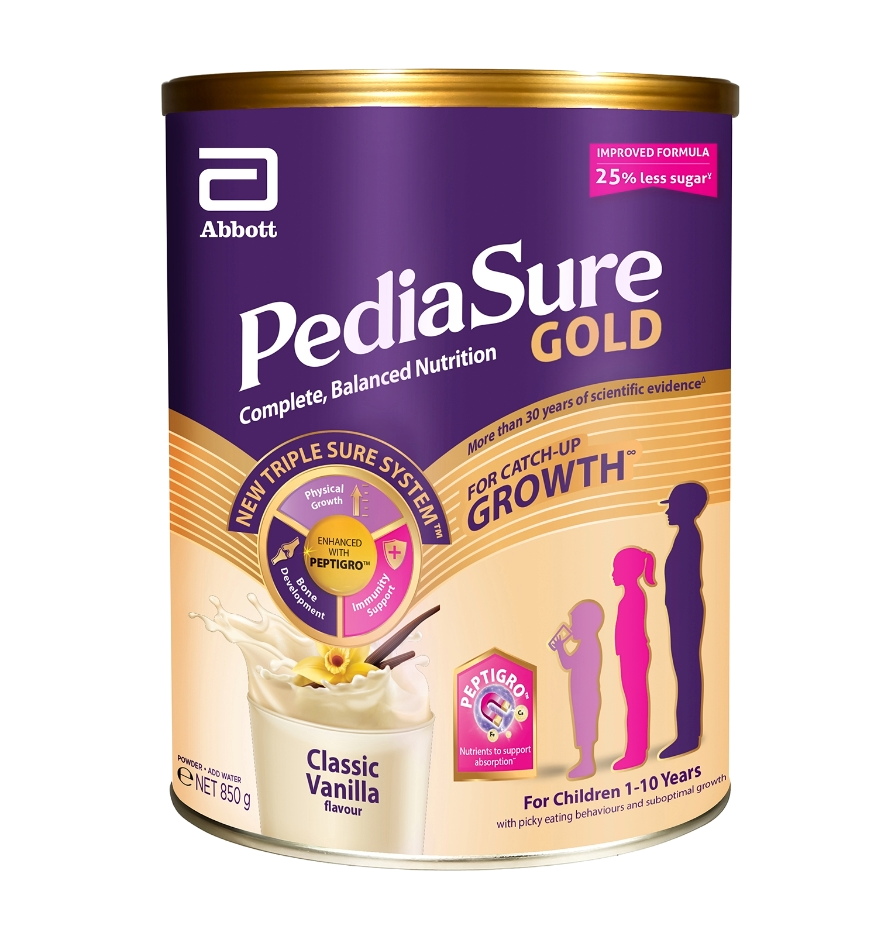
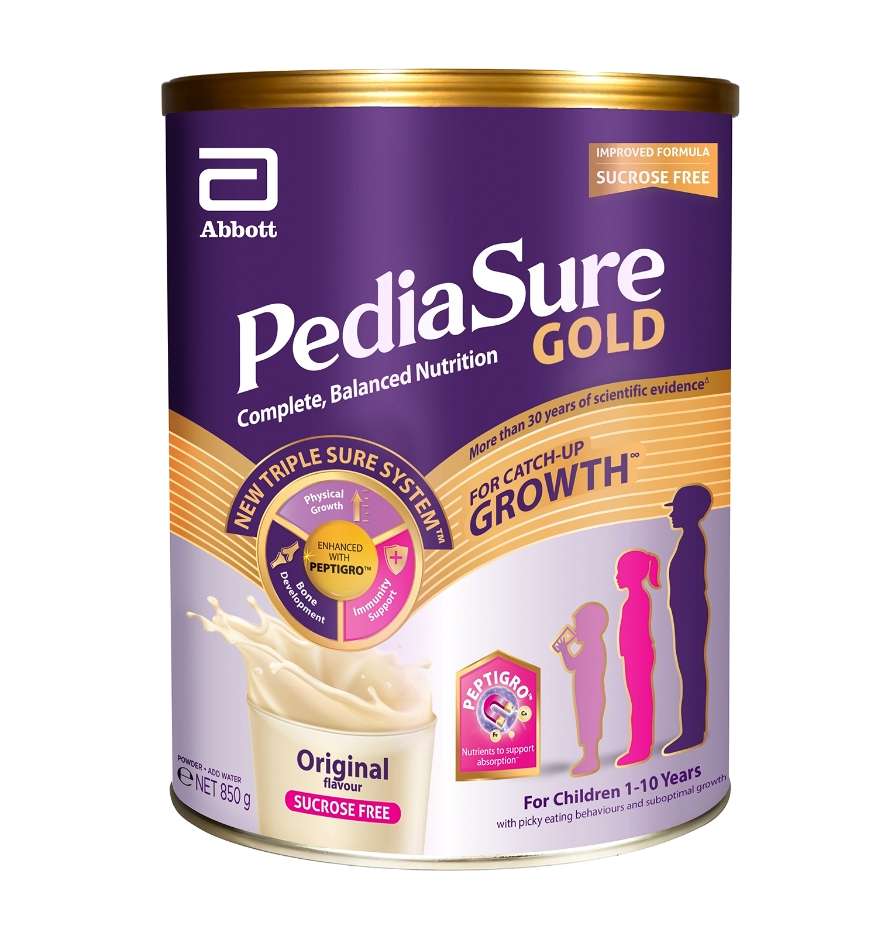
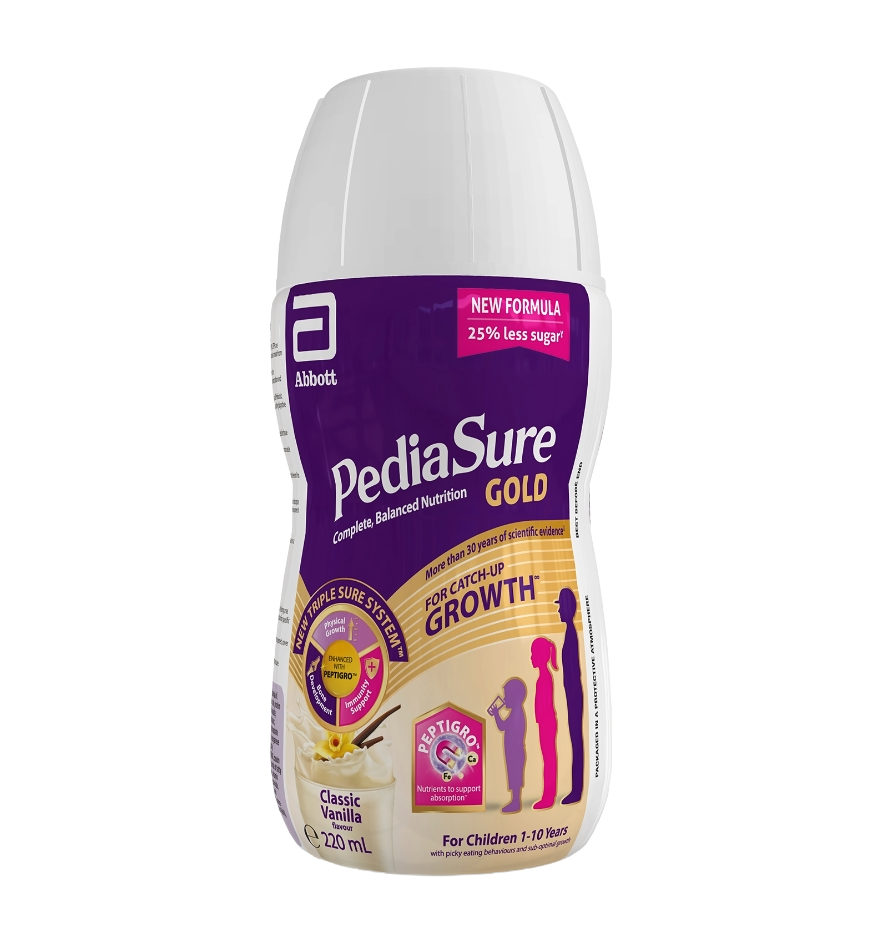


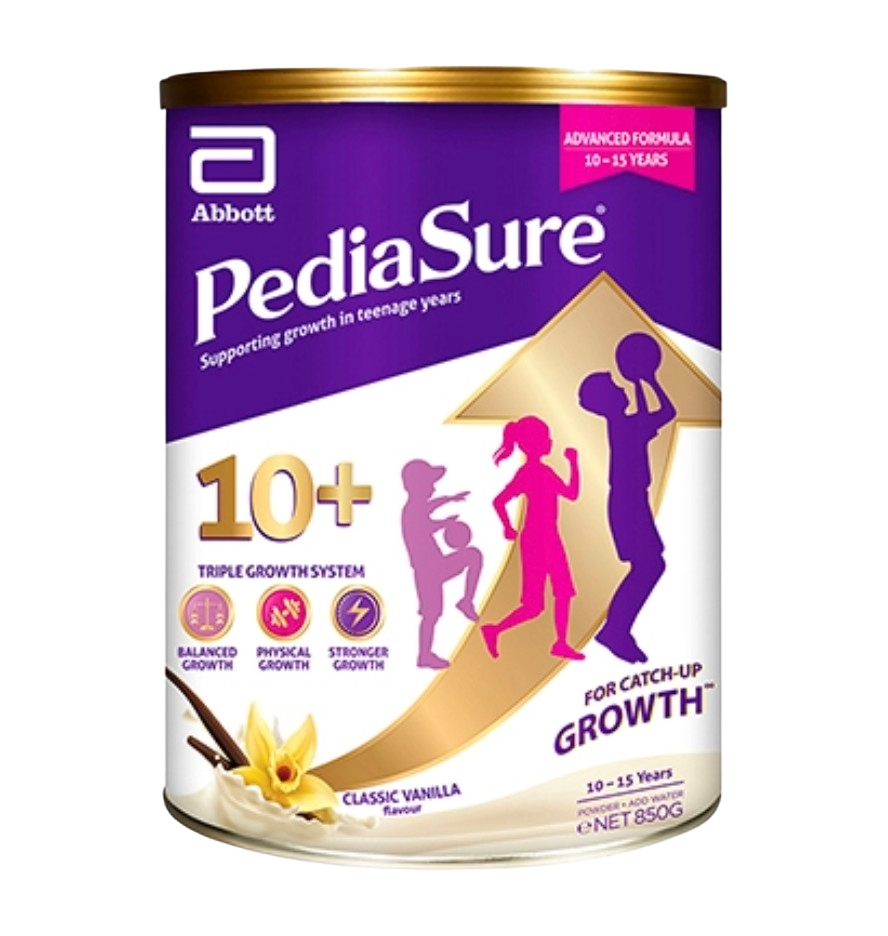
.jpg)

